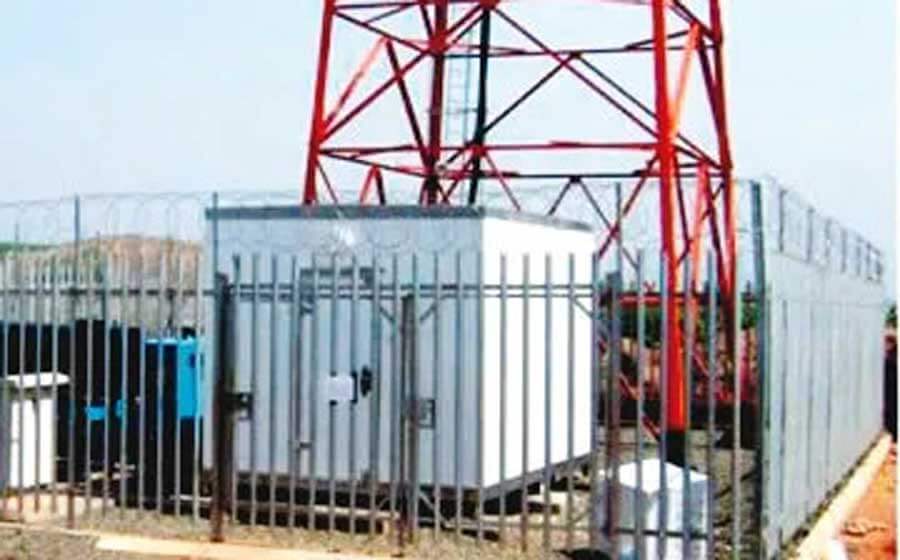As the Nigerian government seeks means to reduce carbon emission in the telecommunications industry, the Nigerian Communications Commission has revealed plans on how to assist the government achieve that objective.
The NCC made the disclosure as it plans to host an event to mark the 2023 World Consumer Rights Day (WCRD).
Advertisement
The focus would be on regulatory initiatives on clean energy usage in the telecoms sector.
The NCC’s Executive Commissioner, Stakeholder Management, Adeleke Adewolu, hinted that the event will provide the opportunity for NCC to share with telecom consumers and other stakeholders, the policies it has instituted, and other actions taken to encourage operators in the sector to transition to environmentally friendly and renewable energy sources in their operations.
Representing the Executive Vice Chairman and Chief Executive Officer, Prof. Umar Garba Danbatta, Adewolu said the NCC is committed to reducing the impact that telecommunications operation has on climate change and the environment.
He noted that the peculiarities of Nigeria’s electricity supply have resulted in the telecommunications sector being a contributor to carbon emissions
Advertisement
According to him, studies have shown that renewables and energy efficiency, boosted by substantial electrification, can provide over 90 per cent of the necessary reductions in energy-related carbon emissions.
He said increasing the use of electricity sourced from renewables presents the best opportunity to accelerate world’s energy transformation.
“We know the implication of the climate change disaster facing the world. So, as a Commission, we are committed to reducing the impact of climate change. The telecoms sector contributes to global emissions, particularly when you realize that there are over 54,000 base transmitter stations powered, in some cases 24 hours seven days a week, by generators. You can just imagine the emissions from these,” said Danbatta.
Danbatta noted that the NCC was already considering introducing a policy to encourage ethical energy sources.
He said it is part of the Commission’s commitment to safeguarding the environment for consumers and other users of telecom services, a move that is also in tandem with the process of actualising some of the key items of the Sustainable Development Goals (SDGs).
Advertisement
The NCC boss said the Commission has in recent years introduced a regulatory framework on infrastructure sharing and collocation among the licensees.
According to him, the framework has encouraged operators to fully maximise their already-deployed infrastructure.
“By sharing infrastructure, some operators do not need to entirely build a telecoms site in an area where another operator had deployed one. With the challenge of inadequate public electricity supply in Nigeria, telecom companies rely on diesel-powered generators to keep their telecom sites live round-the-clock. But a regulatory framework such as infrastructure sharing and collocation is helping in this regard,” he added.



